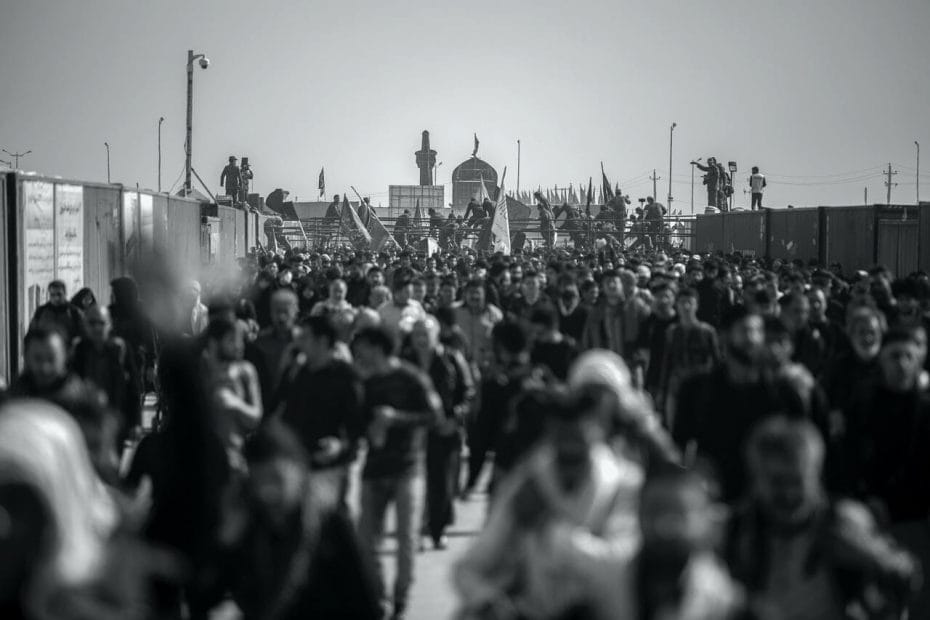So many definitions of literature have been put up. In the context of this discourse, literature (imaginative literature) is writing that is considered to be an art form, or any single writing deemed to have artistic or intellectual value, often due to deploying language in ways that differ from ordinary usage (Wikipedia). Cambridge Dictionary defines it as written artistic works, especially those with a high and lasting artistic value.
On the other hand, society is the community of people living in a particular country or region and having shared customs, laws, and organizations (Oxford Dictionary). It consists of people, culture, language, government, etc.
Literature is not produced in a vacuum. It is produced by writers (human beings) who are the principal elements of the society. Writers write about societal happenings; societal happenings influence what writers write about. Thus, there exists a dialectical relationship between literature and the society. Both influence the other.
Literature criticizes the society
To cite examples, Sarah Ladipo Manyika’s novel, In Dependence, is a typical example of critical literature. The novel, amidst all other issues, criticizes the post-independent Nigerian society ridden with coups, corruption, leadership glitches, brain drain, and so on. Tayo Ajayi‘s unpalatable experience in the university of Jos is indescribable. He was forced to immigrate to America where he gets a comfortable teaching position and honoured with Doctorate of Literature at Oxford. This is a literary critique of the brain drain; a phenomenon experienced during the military era where intellectuals that stood against the military incursion were brutalized and forced to exile.
Literature also inscribes social identity
This is well instantiated in Assia Djebar’s A Sister of Scheherazade where the writer uses the novel to fight for the recognition of the identity of women. The writer uses the characters of Isma and Hajila to describe the oppression suffered by women in the Algerian society. Having acquired education, Isma stands up for her rights as a woman and also educates Hajila, and by extension, every woman in the society, to stand up for their rights and inscribe for themselves a unique equal social identity rather than being subservient to men.
Literature expresses or reflects the society
Through literature, one can have knowledge of what operates in a particular society. For instance, through Christopher Marlowe’s Dr. Faustus and William Shakespeare’s A Midsummer Night’s Dream, one can gain an insight into the Renaissance English society and its features. In Dr. Faustus, the eponymous hero is tired of other fields of study and he opts for magic—even at the expense of theology. This reveals one of the main attributes of the English Renaissance period, a period when people rebelled against the medieval limitations and the restriction put upon humankind decreeing that he must accept his place in the universe without challenging it. It is a period where people opted for the universal desire for enlightenment and emphasized humanity over divinity.
His desire is to transcend the limitations of humanity and rise to greater achievements and heights, Faustus makes a contract for knowledge and power. His desire, according to the Renaissance, is to transcend the limitations of humanity and rise to greater achievements and heights.
Literature proffers solutions to societal problems
Literature offers solutions to problems in the society. In A Sister to Scheherazade for instance, Assia Djebar subtly opines that through education and unity, women can be liberated from oppression. If women are educated just like Isma and Hajila, gender oppression will gradually fade off.
Society gives literature an identity
On the other side, society also produces its literature. For instance, there are English literature, French literature, Arabic literature, Yoruba literature, Hausa literature, and so on. Literature is classified along this societal border/factor because the characters in a literary work, the settings, themes, etc. have reciprocal relationship/influence with the society where the literature is produced.
Societal events/periods shape the thematic focus of literature
Events in the society also influence the thematic preoccupation of literature. For instance, in Nigerian literature, we have Pre-colonial literature, Colonial literature, Post-Independence/Postcolonial literature, and so on. English literature Anglo-Saxon literature, Medieval literature, Renaissance literature, and so on. This buttresses the point that societal events, as the society progresses, influence the thematic focus of literature produced in the society.





